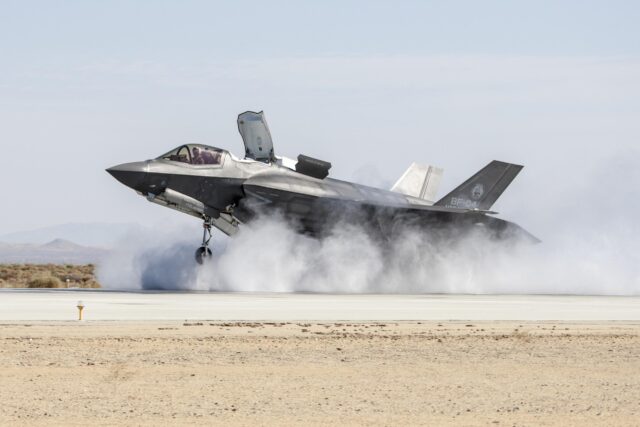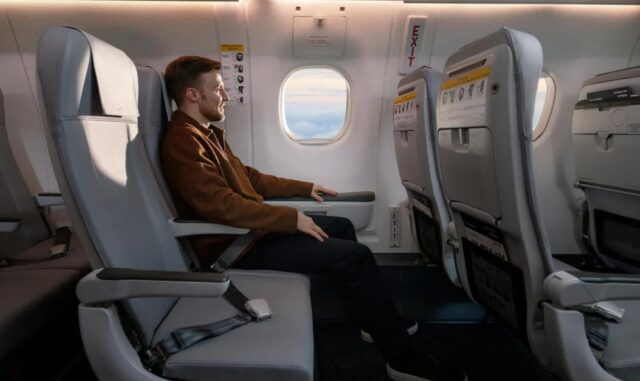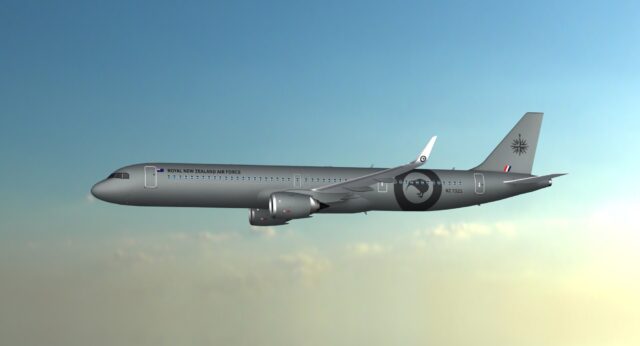The EU’s €2 billion SAF subsidy will be welcomed by airlines, but it doesn’t fix the bigger problems

June 15, 2025

The European Commission is rolling out a major SAF subsidy scheme to accelerate the uptake of sustainable aviation fuel, offering up to €6 ($7) per litre to narrow the yawning cost gap between green fuels and conventional jet kerosene.
Funded through the auctioning of 20 million carbon permits under the EU Emissions Trading System (ETS), the support package could underwrite around 216 million litres of SAF. Airlines will be able to apply for funding later this year.
Under the scheme, airlines can claim the maximum €6 for synthetic e-fuel, widely considered cleaner and more sustainable than alternatives. For bio-based SAF, just €0.50 would be claimable.

The heavy emphasis on e-fuels in this package reflects the EU’s desire to back a scalable, feedstock-light solution. But only a handful of e-fuel plants are operational, with some like INERATEC in Frankfurt producing their first litres in the last few weeks.
It’s the boldest financial intervention yet in Europe’s quest to decarbonise aviation. But despite its headline-grabbing size, the subsidy may not be enough to get sustainable fuels off the ground at the scale regulators hope for.
SAF subsidies don’t solve the issue of supply
Even at its upper limit, the fund would account for just a fraction of the SAF volumes needed to meet upcoming blending mandates.
Under the ReFuelEU mandate, the EU’s targets ramp up quickly. The currently mandated 2% will increase to 6% by 2030, and 70% by 2050. Within this, there’s also a sub-target for a proportion to be e-fuels: 1.2% by 2030, and 35% by 2050.
Global SAF production stood at only around 1.3 billion litres in 2024, while airline fuel consumption rose to an estimated 99 billion gallons – around 450 billion litres. Available SAF was less than 0.3% of airline fuel demand, and none of it was e-SAF.

A handful of e-SAF plants are underdevelopment or have recently come online, but to reach the ambitions of ReFuelEU and aviation’s net zero goal, more are needed. In Europe alone, dozens more have been proposed, but are yet to break ground due to a lack of Final Investment Decisions (FIDs).
For fuel producers and project developers, the announcement provides a stronger business case, but not a bankable one. Without longer-term guarantees or revenue certainty mechanisms, few will risk FIDs on new SAF facilities, particularly for costlier synthetic e-fuels.
Do SAF mandates really work?
While more is needed to get the fledgling e-SAF industry off the ground, the EU’s commitment is a good start.
For airlines faced with increasingly demanding mandates, the promise of financial help will be a welcome relief. Current SAF supplies cost between three and five times more than conventional jet fuel.
IATA has said that SAF production in 2025 could reach 2.5 billion litres, or around 0.7% of airline total fuel consumption. However, it warns that this could cost the industry dearly.
“Even that relatively small amount will add $4.4 billion globally to the fuel bill,” says Willie Walsh, IATA’s Director General. “The pace of progress in ramping up production and gaining efficiencies to reduce costs must accelerate.”

The Association further warns that mandates are only serving to artificially inflate the price of SAF. The expected one million tonnes of SAF that will be purchased in 2025 to meet European mandates should cost $1.2 billion at market prices.
However, producers, who are liable to fines if they don’t meet blending mandates, are now passing on compliance fees to customers. IATA estimates this will add an additional $1.7 billion on top of market prices to the SAF purchased in Europe this year.
“Instead of promoting the use of SAF, Europe’s SAF mandates have made SAF five times more costly than conventional jet fuel,” IATA warns.
While airlines may welcome the news that some funding will be available to help offset the cost of SAF purchases, it’s not all good news. Pushing up SAF production remains a complex problem that will take some unpicking to fix.
















